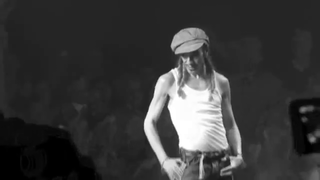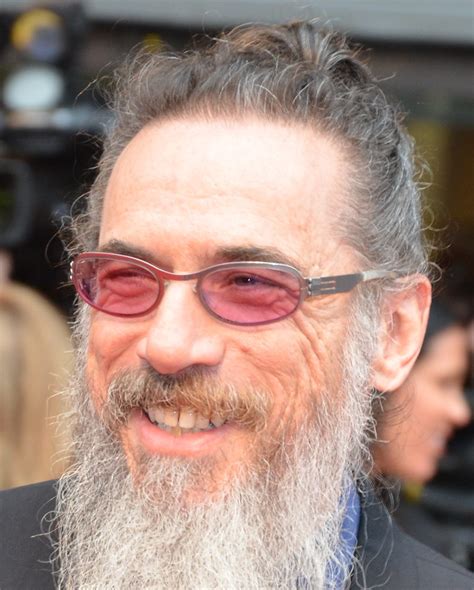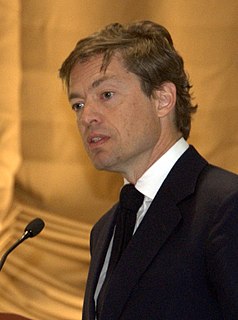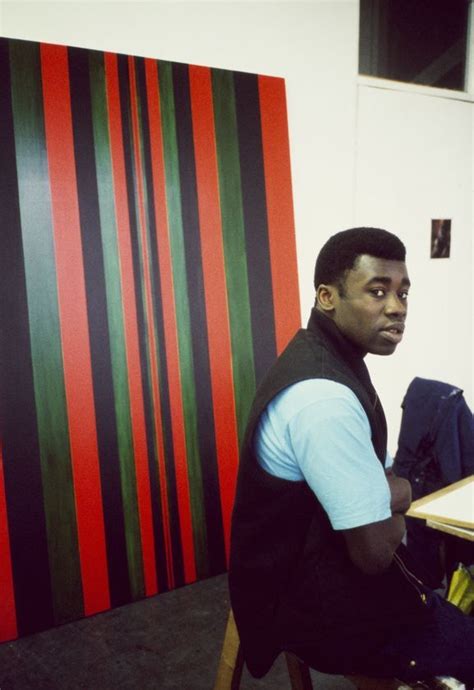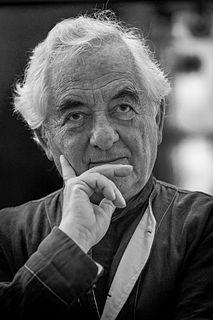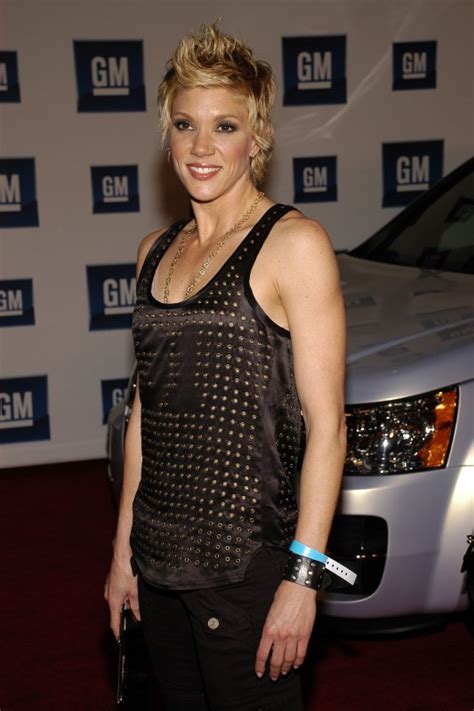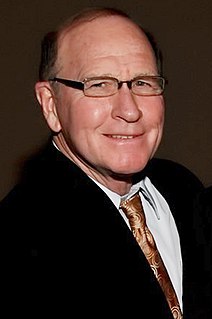A Quote by John Galliano
Fashion is a very stressful place to work because of the demands of doing the shows - no one expects a writer to produce two books a year on the dot - but it's also a very toxic place to work.
Related Quotes
At least 90 percent of my work is in situ. For me, it's not only to work with the architecture and space, it's also to work with the time, to work with the people who are involved with the place. It's also dealing with history. It takes all this into account. Other works can be placed in different environments, but they always follow a rule. This is usually not the case for work in situ, because even if they are transported, they remain there forever or they are destroyed.
Downtown Cairo is at the center of the city, it is a place that has to be shared between different classes. It's a place where you see the bigger picture of the city's social fabric. It's also a place where you see all the contradictions of having all these layers, classes, and differences at the same time. And this is also where they clash, and where they negotiate. They negotiate their demands, their tastes, the lifestyles they want to have. So it's a very interesting space. I think that Downtown has maintained that identity before, during, and after the revolution.
Every day, there'd be somebody interviewing me as a "lesbian living in Russia." It got to the point where I would joke that I now have two jobs. I work as a writer and a journalist, and I also work as a lesbian. There's a big difference between being out and having that be your sole identity, the only reason that someone is talking to you. My twelve-year-old daughter said, "I have a new job as well. I work as the daughter of a lesbian," because she was also giving all these interviews.
I learned to write from reading. I had no writing classes. It's part of my thinking as the writer-author, reading, but then I also want to bring this into my characters, who also read and think. There's that great quote from Virginia Woolf - it's very simple: "...books continue each other." I think when you're a writer, you're also, hopefully, a reader, and you're bringing those earlier works into your work.
Doing is very good, but that comes from thinking. Little manifestations of energy through the muscles are called work. But where there is no thought, there will be no work. Fill the brain, therefore, with high thoughts, highest ideals, place them day and night before you, and out of that will come great work.
Now I'm sixty-one... sixty-two, pretty soon. It's a really interesting age. Now we have women of your age, and coming up, and all these fantastic writers, who have managed to have their children but continue with their art, their work. I think women are doing the most interesting writing right now, the most interesting art. I see everything through this lens, of women finally taking their place in the world. Their true place. And it's very, very exciting to me.
If you want to train and work hard 3 months out of the year, well, then, UNI is a great place to go. If you want to bust your tail 6 months out of the year, you should be very happy at ISU. But if you want to train and develop into a champion 12 months out of the year, then Iowa is the place for you.
I think in theater it demands that you say the same words every night and make it feel fresh and new. Improv demands that you be operating at the highest level of your creativity intelligence. So these two skills are both very important but I've seen people who are very skilled at one area struggle with the other. Either improvisers feel constrained by having to say the same thing over and over again or people who are really good at doing scripted work feel intimidated and exposed doing improvisation.
